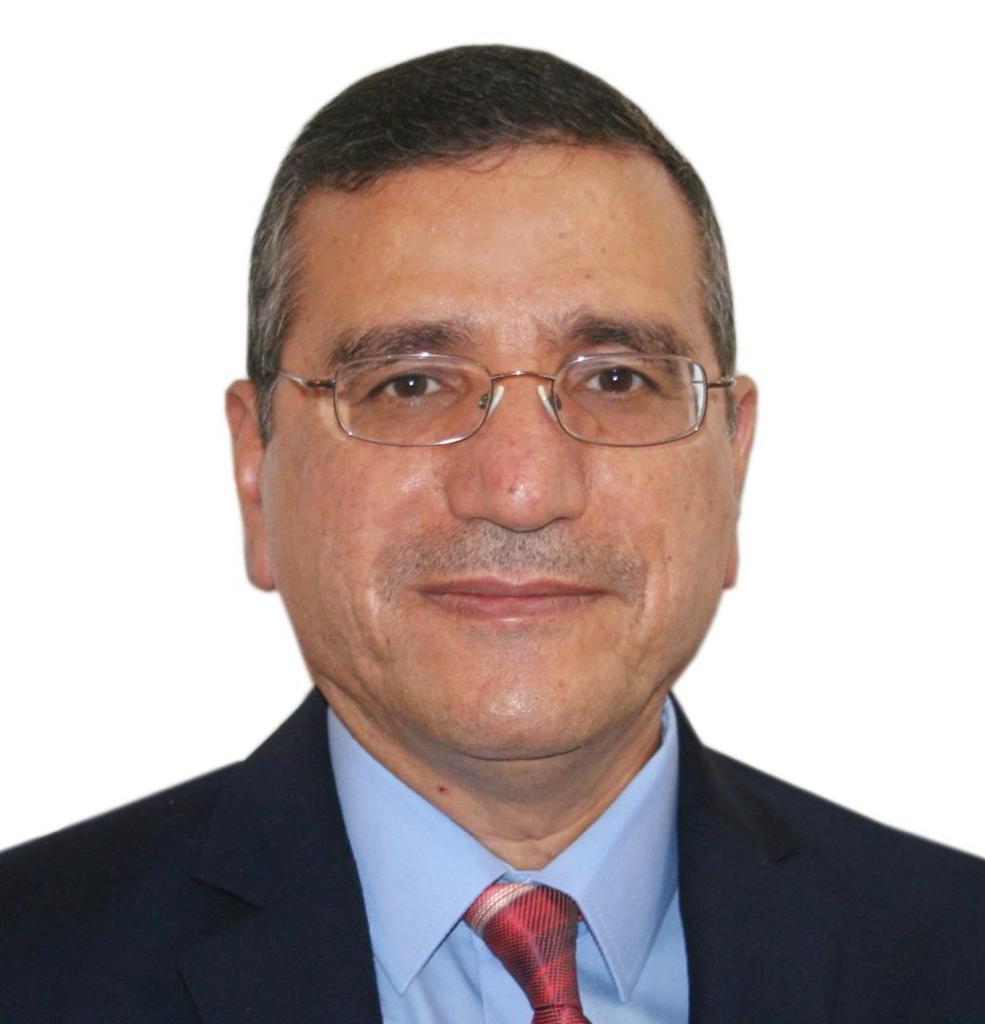 Hassan Hadi BaKer ALkazzaz
Curriculum Vitae
Research Interests
Published researchs
الموقع الالكتروني
Hassan Hadi BaKer ALkazzaz
Curriculum Vitae
Research Interests
Published researchs
الموقع الالكتروني
 Hassan Hadi BaKer ALkazzaz
Curriculum Vitae
Research Interests
Published researchs
الموقع الالكتروني
Hassan Hadi BaKer ALkazzaz
Curriculum Vitae
Research Interests
Published researchs
الموقع الالكتروني
He holds a Doctorate in Family Medicine, a Higher Diploma in Community Medicine, and a Bachelor of Medicine and Surgery Former Family Medicine Consultant at the Ministry of Health with the rank of Director General and former Dean of the Faculty of Pharmacy at Al Zahra University Currently Dean of the College of Health Medical Technology He holds a Doctorate in Family Medicine, a Higher Diploma in Community Medicine, and a Bachelor of Medicine and Surgery Former Family Medicine Consultant at the Ministry of Health with the rank of Director General and former Dean of the Faculty of Pharmacy at Al- Zahraa University Currently Dean of the College of Health Medical Technology
Community medicine, public health and epidemiology
To watch all the published research papers on Research Gate Site
Background: COVID19 vaccine rejection is a global issue that most developing countries face. A study of COVID-19 vaccine preference among Al-Zahraa University female students will pave the way to resolving the issue of vaccine rejection among students. Vaccine hesitation refers to a delay in accepting or refusing immunization despite the fact that vaccination services are readily available. Students' preferences and refusals of the COVID19 vaccine were evaluated to determine the reasons for their decisions. Methods: This study involved 198 students from Al-Zahraa University for women. An observational cross-sectional study was conducted at Al-Zahraa University in Karbala, Iraq, to find out which Health and Medical Technology students preferred the COVID19 vaccine. Tests based on statistics made use of frequency and rate data. Results: Most students (95%) were over the age of 19. The COVID-19 vaccine was rejected by 138 people (70.4%). A total of 43 students (28.5%) believed that the COVID19 vaccine may not be completely safe. 49.3% of students were not aware of the differences between the various types of vaccines. Pfizer was the most preferred by 64 (34.8%), AstraZeneca by 17 (9.2%), and Chinse-Sinovac by only 11 (6%). 20 students (16.4%) believed that with the vaccine they could return to life as it was before the COVID-19 pandemic. Covid-19 vaccine acceptance among Al-Zahara University students may be low in part because of myths, and partly because of the fear of side-effects associated with the vaccine. Conclusion: Information about COVID-19 vaccines should be transparently communicated to the media by health authorities to help the public make informed decisions. Keywords: COVID-19, vaccine, preference, Iraqi students, refusal.
Good knowledge about Covid-19 transmission and nature prevents transmission of microorganisms and reduces the incidence of Covid-19 in the community. To assess knowledge of Iraqi people about covid-19&to find the source of information about covid19. Method: Cross-sectional study was done from 1 stJune-1 stJuly 2020, by electronic version of questionnaire through Google-form. Any Iraqi adult can read Arabic and use the internet media (e-mails, telegram, viber, whatsapp, Facebook) or by hand to hand as hard-copy, and accepted to answer the questionnaire through friend, friend of friend, relatives, work colleagues with A Brief message.Analysed by SPSS ver. 23, frequencies and percentages calculated. The study revealed enrolling of 700 Iraqi people from difference part of Iraq and difference were participant in it, the main age of them 230(32.9%) aged 20-29 years old, females 416(59.4%), complete secondary school388(55.4%), near 60% of them working in non-medical field, and governmental employee 364(52.0%), and thereresidency in Baghdad city 457(65%), followed by holly-Karbala 8%, and bible 4%, good knowledgein prevention of Covid-19 transmission, Strength the immunity against covid-19 infection and its complication, and the Overall knowledge appear as good 691(99%) the Internet is the major source of the information about the covid-19; 568(81.1%). Conclusion: most of participants had good knowledge in prevention and strength the immunity and vaccination of covid 19, and the main source of information is the internet then TV & radio.
Background: For organizations in Iraq, the 2019 novel coronavirus (COVID-19) pandemic has become an issue. Regarding the spread of the COVID-19 virus, Al Zahra University is considered particularly risky due to the presence of vulnerable and at-risk populations there. Research methods: 182 university students from the College of Health and Medical Technology participated in this study. A questionnaire-based cross-sectional study was conducted to evaluate COVID-19 preventive measures for students at Al Zahra University for Girls. The study questionnaire received a 100% response rate, and data was collected and analyzed. Conclusions: During the COVID-19 pandemic, Al Zahra University’s implementation of prevention and control measures was weak. Interventions are urgently needed to improve the effectiveness of their preventive measures. Inadequate COVID-19 safety measures highlight the need for national guidance ..
There are no published researchs